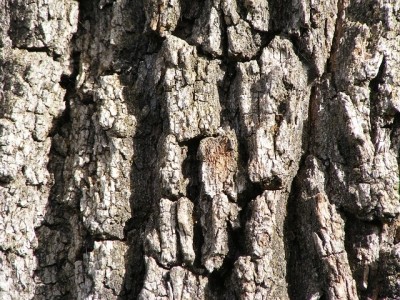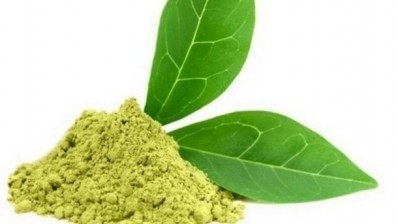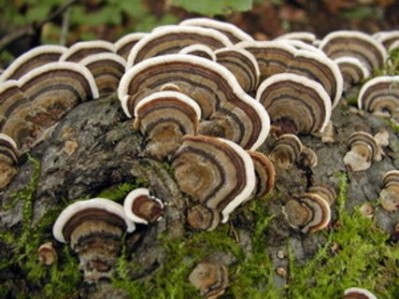Asian wild medicinal herb reduces inflammation markers, Korean research reveals

Allium Hookeri is a wild herb cultivated in India, Myanmar, Nepal and China. Used mainly in medicinal and food supplements, it is said to have antioxidant, anti-microbial, anti-obesity, and anti-diabetic properties.
Researchers from Chonbuk National University in Korea triggered inflammation in mice cells to test the benefits of AHE.
AH’s healing properties, the study said, were likely to be due to its sulphur and phenolic compounds, plus phytosterols and vitamin C components.
For this study, the mouse cells were incubated with lipopolysaccharide (LPS) to induce inflammation and then treated with AHE.
Findings revealed that AHE hindered the productions of nitric oxide (NO), reactive oxygen species (ROS), and inflammation-related cytokines
“These results suggest that AHE may be useful for the prevention of various diseases associated with inflammation. Therefore, our future studies will focus on providing additional mechanical evidence to demonstrate this possibility in vivo,” they wrote.
In previous studies, the researchers revealed that AH water extracts improved oxidative stress-induced inflammatory responses in diabetic rats.
Another study found that supplementation with AHE lowered blood glucose and increased insulin immunoreactive cells in type 2 diabetic mice.
Source: BMC Complementary and Alternative Medicine
DOI 10.1186/s12906-017-1633-3
“Allium hookeri root extract exerts anti-inflammatory effects by nuclear factor-κB down-regulation in lipopolysaccharide-induced RAW264.7 cells”
Authors: Ja-Young Jang, Min-Jung Lee, et al.



















